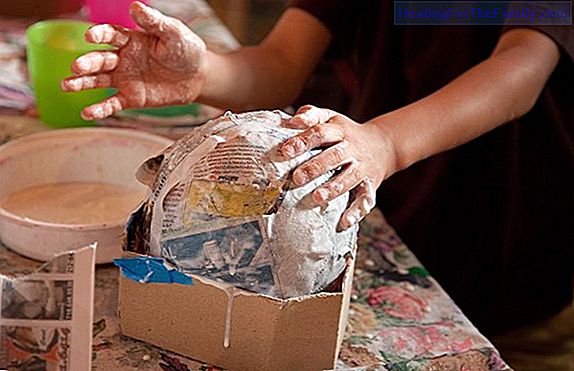Reading habits in children from 0 to 3 years old
It seems incredible that a child of 1, 2 or 3 years old likes reading. But it is possible. A baby of these ages can enjoy reading and become fond of reading. And even take an exaggerated attachment to a specific story and ask again and again, to the despair of the adult. To create reading habits in
It seems incredible that a child of 1, 2 or 3 years old likes reading. But it is possible. A baby of these ages can enjoy reading and become fond of reading. And even take an exaggerated attachment to a specific story and ask again and again, to the despair of the adult. To create reading habits in children from 0 to 3 years old, you have to repeat the act of reading: only with repetition is habit achieved. The same as, by dint of trying it day after day, the moment will come when he or she alone will hold the spoon and bring the puree to the mouth. What an achievement! We give you some tips to
create reading habit in children from 0 to 3 years.
Tips for creating reading habits in children from 0 to 3 years The presence of the adult is essential: he puts the voice and nuances to the story that contains the story or the magazine.
In addition, he is a strategist: to make reading an attractive activity for him, one must also look for the best conditions.

What are the bases for creating a
reading habit in children?
1. Find a good time in the day en, in which the child is calm and not absorbed in other things and the adult has a little time to devote to him exclusively without, for example, having to do something in the kitchen or answer the phone 2. Create an atmosphere of relaxation, leisurely.
Physical attitudes are important: sit next to him or sit on his knees, surround him with our arms without overwhelming him and slowly open a book, a story or a magazine. No 3. No book is worth as expensive or as prestigious as its author and illustrator.From a very young age, children can show preferences: animals, airplanes, houses, images of other children with whom they feel identified or who find it funny ... You
have to attend to their incipient tastes without limiting their possibilities to open up to other issues. 4. Respect their limited attention span and their need for movement.
If he gets up and walks away when we are in the best of history, we should not be discouraged. Your reasons will have. We will have to try another day, without obsessing. And we can also do a test: keep reading aloud and modulated, although he already seems entertained in playing with his favorite doll. Who knows, maybe keep listening to us. 5. Show interest in what we are reading or teaching. The child, even that small, is very sensitive to the attention of his parents. If they show interest in something, he will tend to show interest as well.
6. Take out the child inside us, the actor or the actress capable of captivating his audience. The child will enjoy and the adult will feel enormously rewarded.
Consuelo Cuevas
Editor-in-Chief Edition of children from 1 to 7 years old
Bayard Magazines












